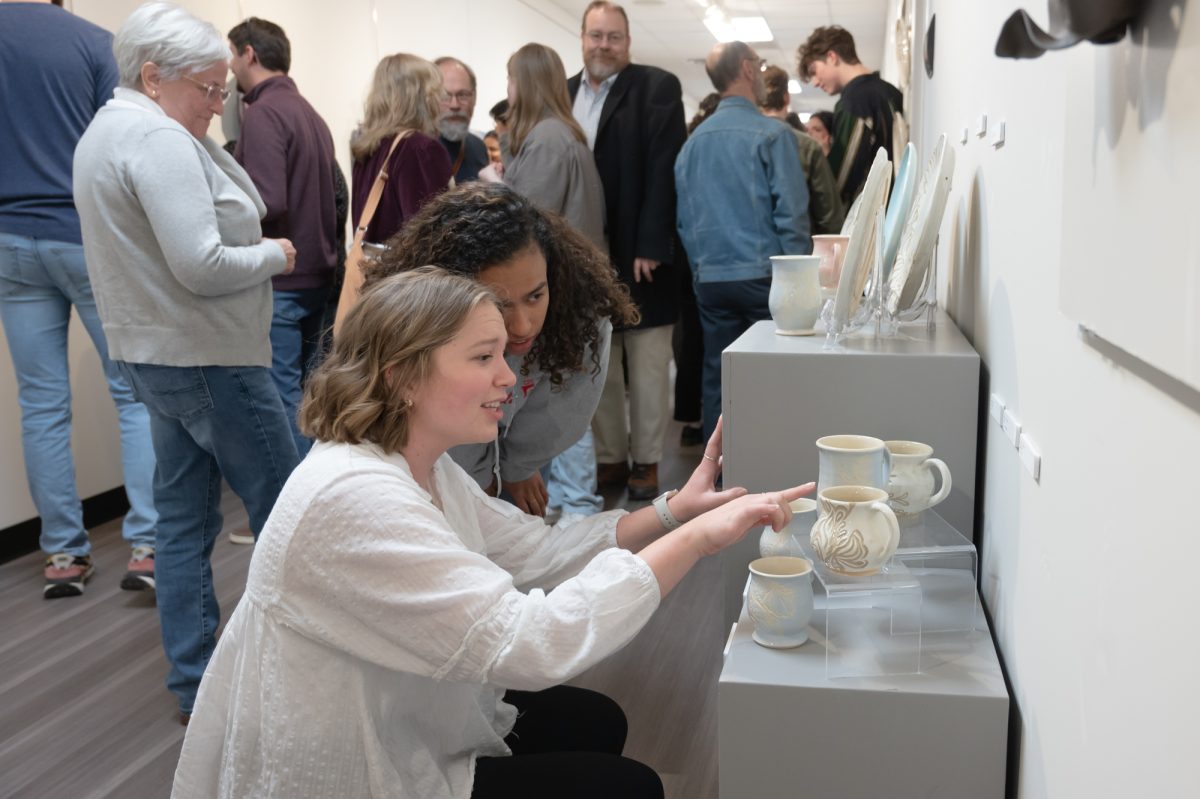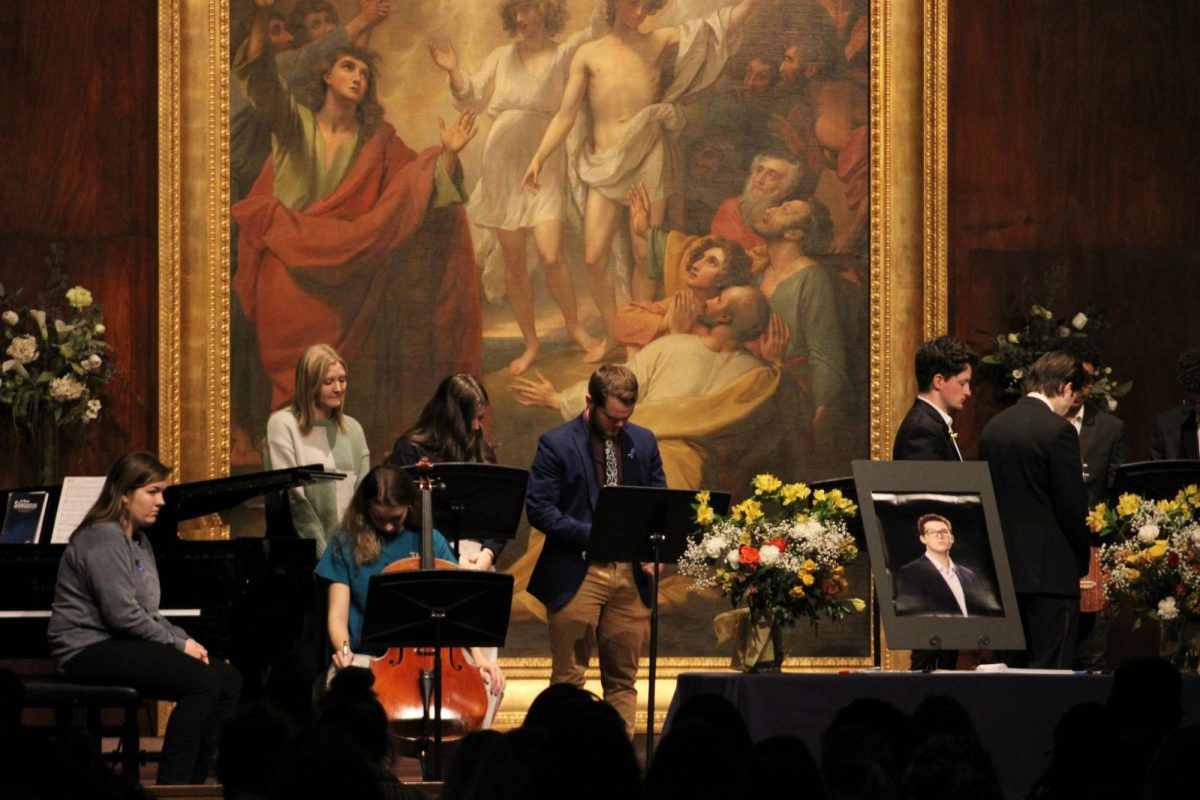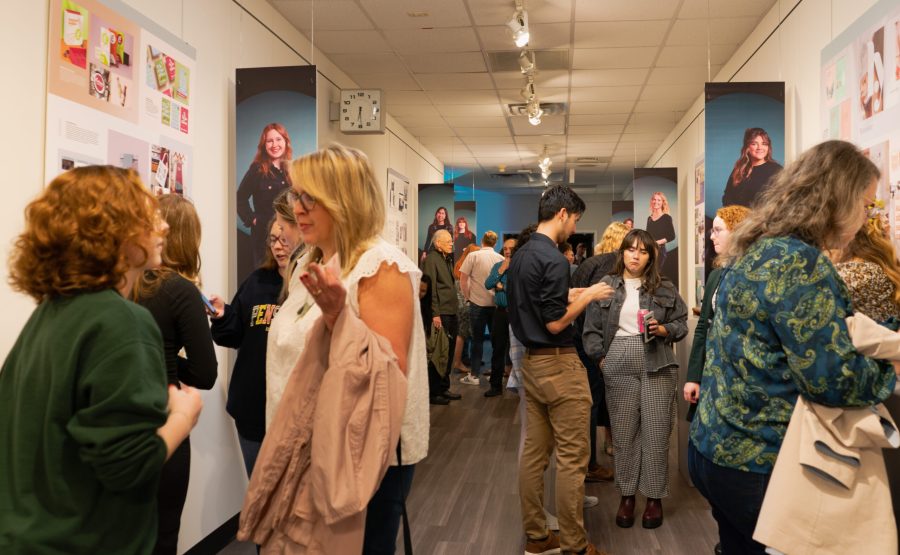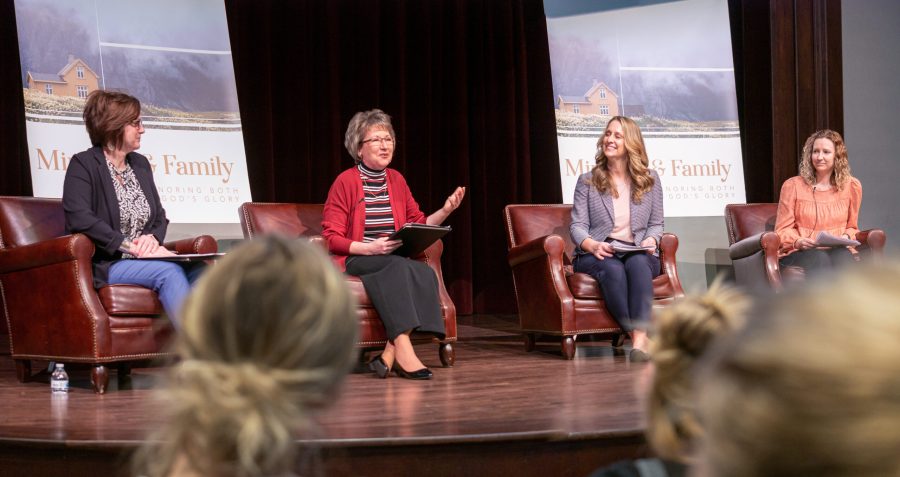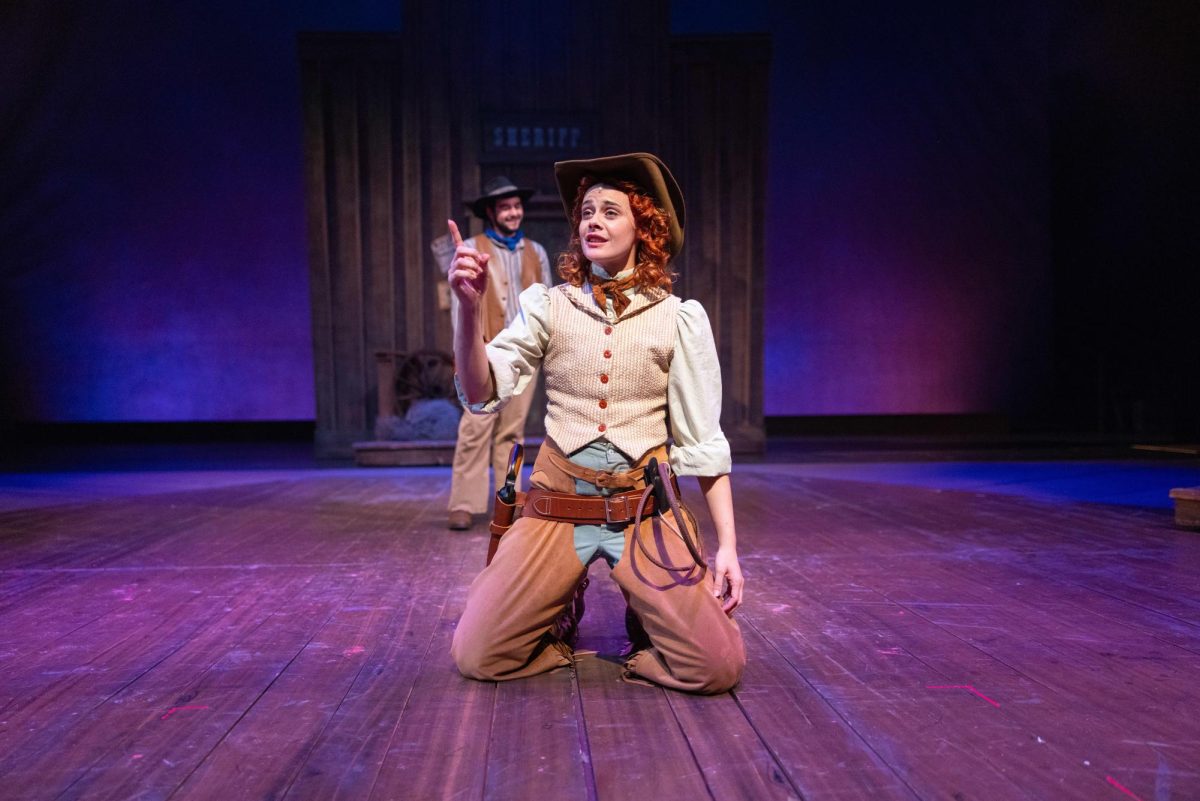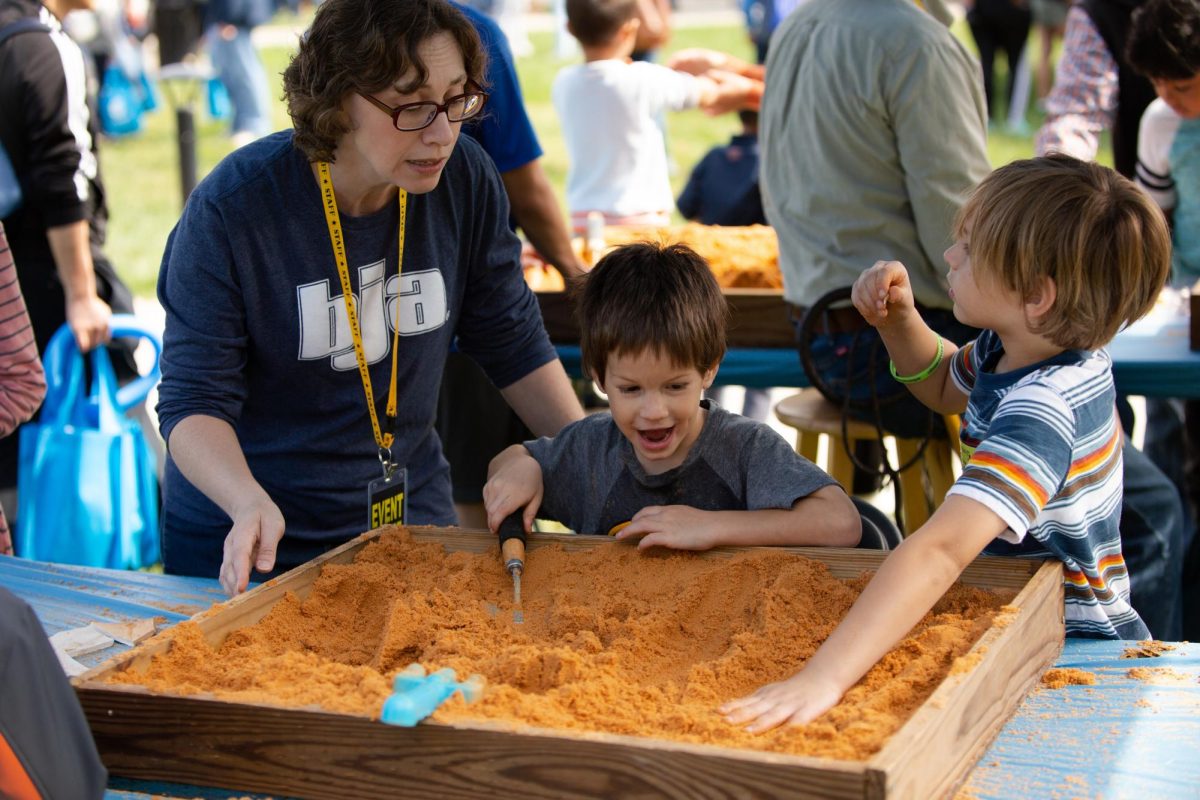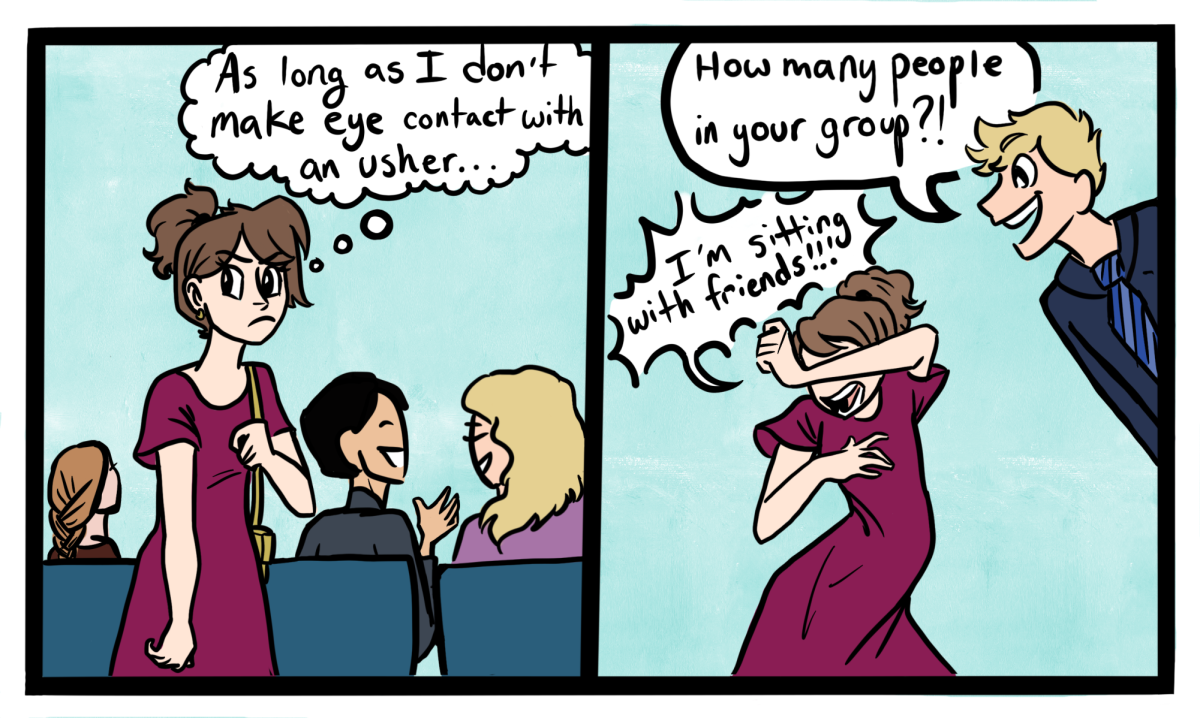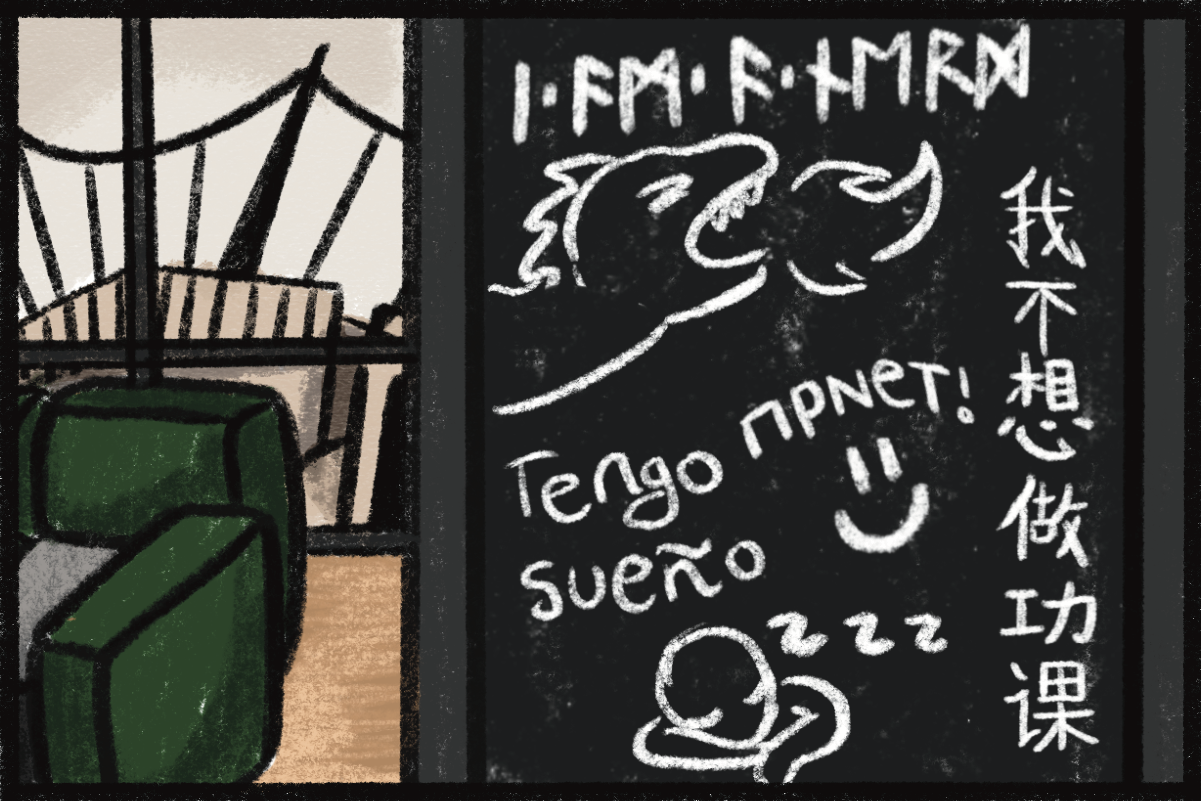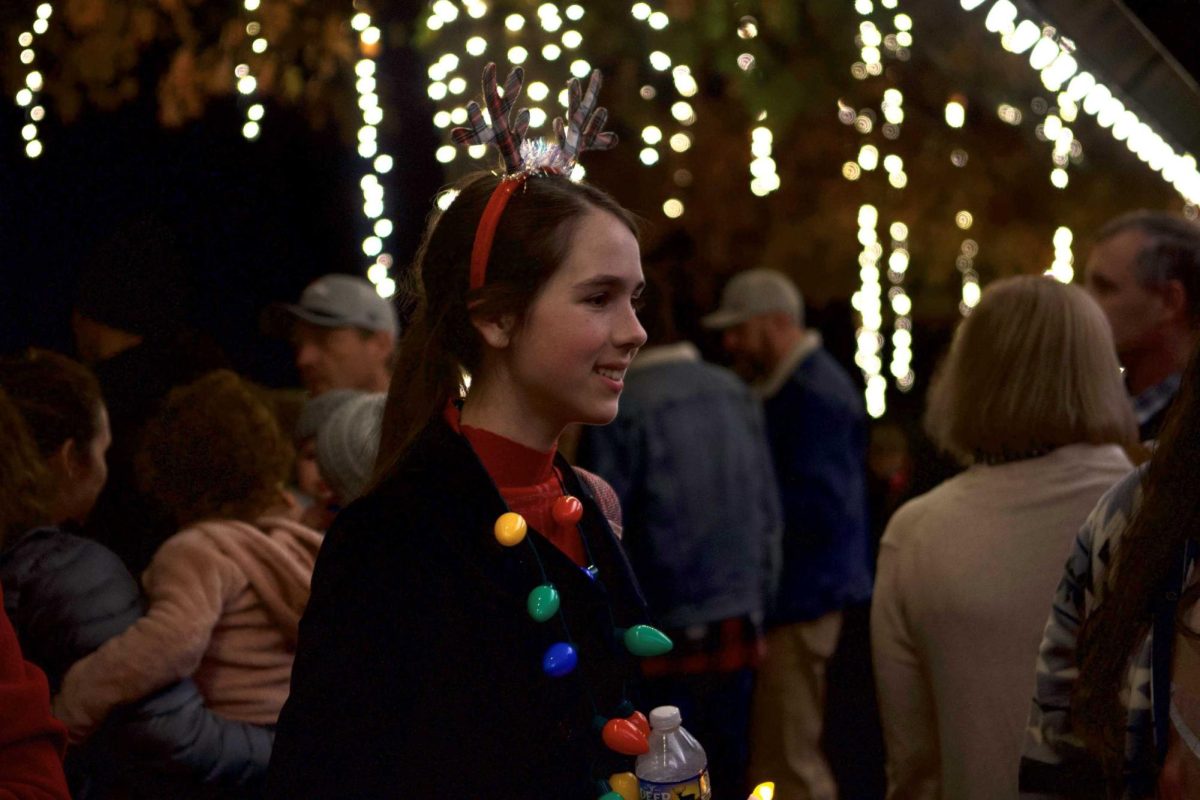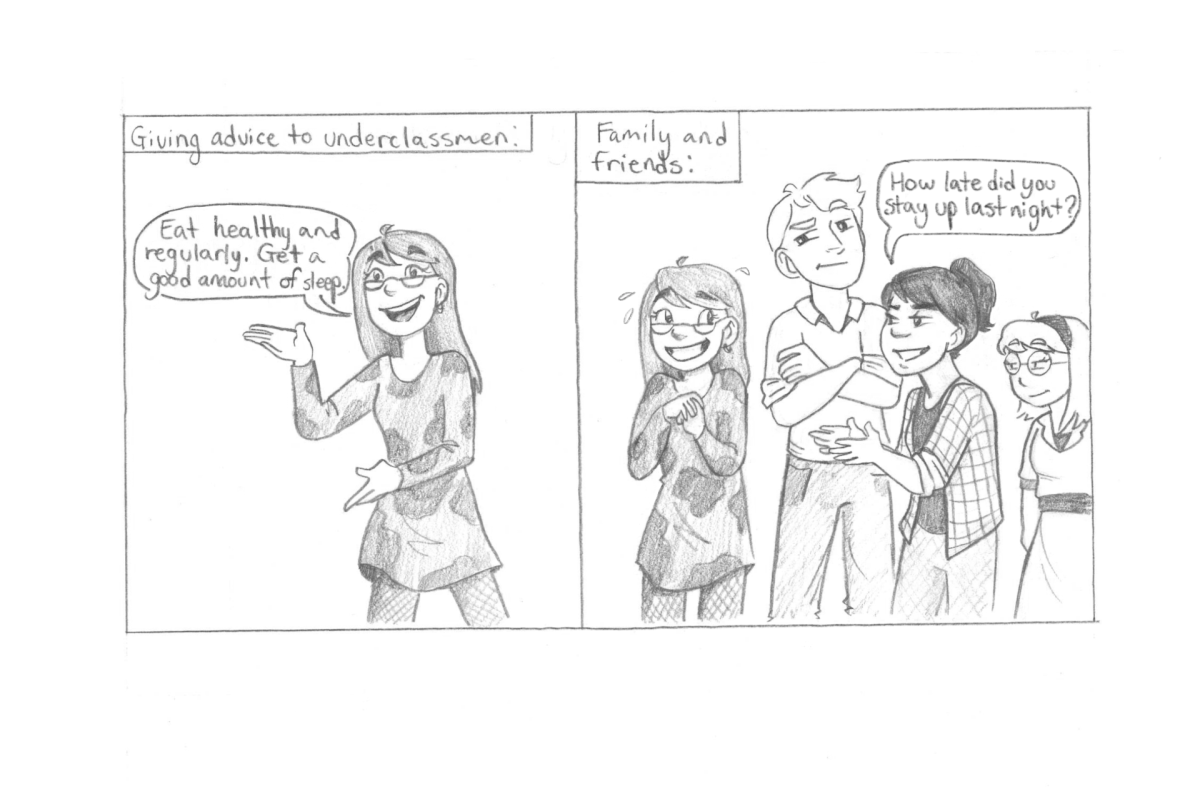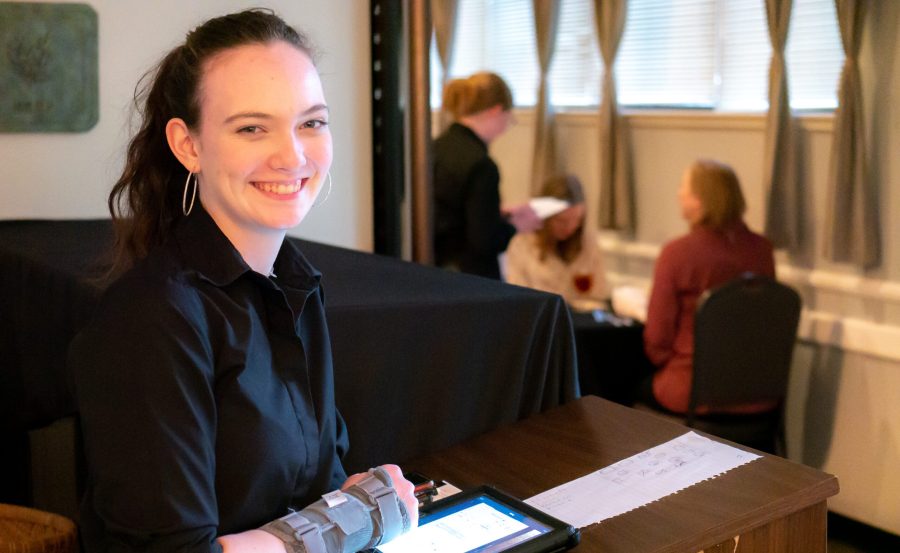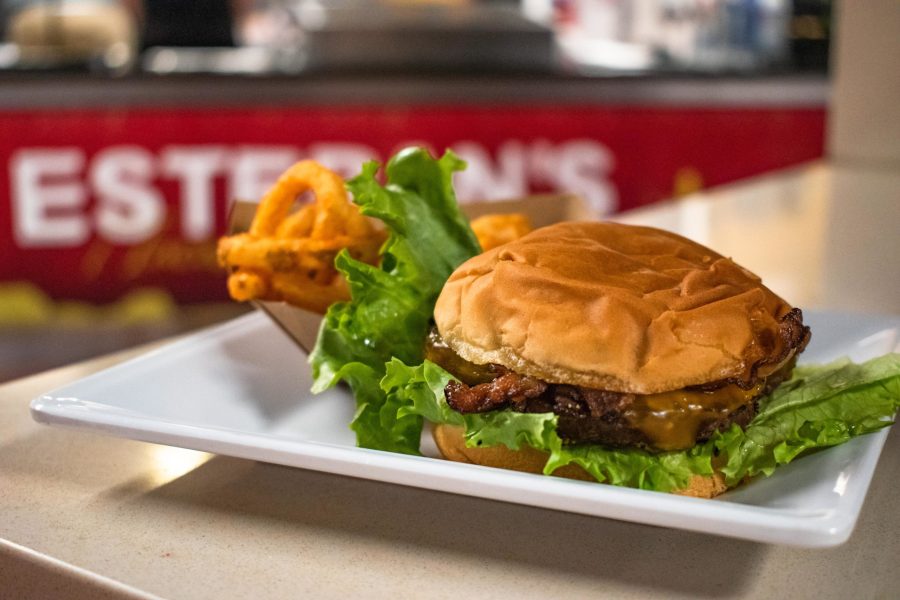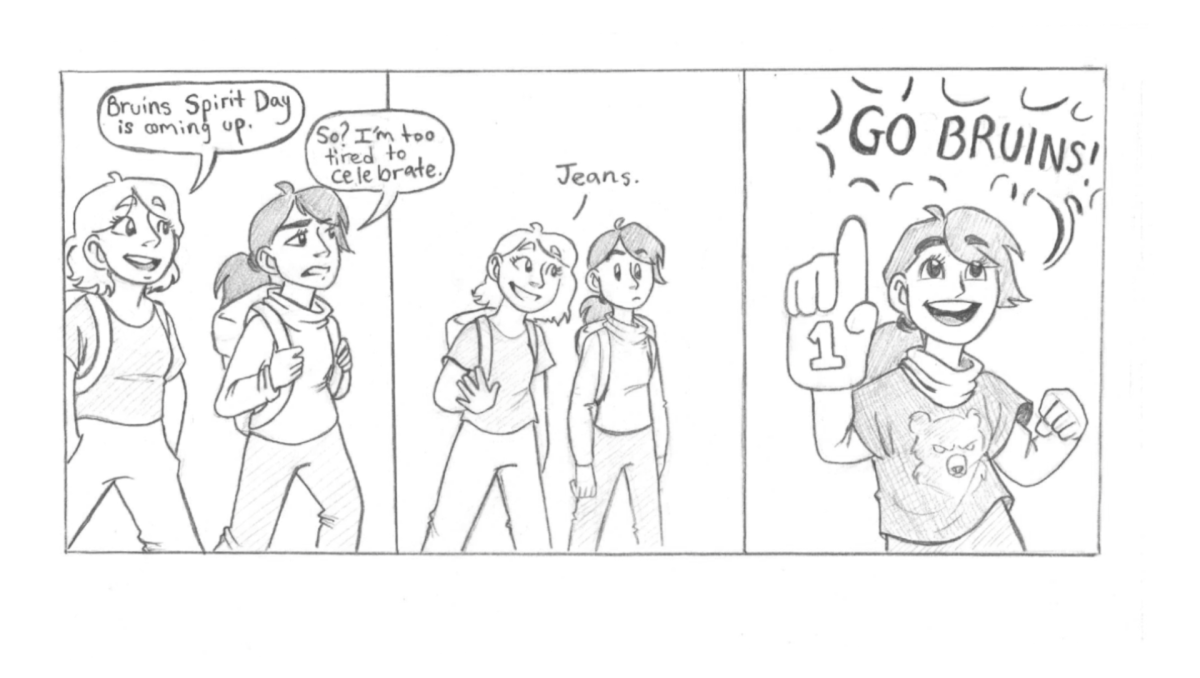Thumbing through racks of T-shirts in a popular clothing store, I discovered a bunch of T-shirts with designs for a holiday coming up in about two weeks.
The only reason I recognized the shirts as St. Patrick’s Day T-shirts was their bright green color and cheesy slogans in cheese typefaces.
Most were puns about pots of gold and “The Luck of the Irish,” but one particularly struck me. It had no words on it, just a graphic designed to make the wearer look like he had a very large belly.
To be honest, I was rather uncomfortable at this choice of graphic—and not just because I thought a large pot-belly would look unattractive on me.
St. Patrick’s Day T-shirts have made me uncomfortable before with stereotypes about Irish people, but for some reason this one really hit hard for me.
I couldn’t imagine what it would be like to have my culture so reduced to an untrue stereotype. St. Patrick’s Day is one of the largest holidays of the year where hurtful stereotypes are propagated. An entire culture is reduced to the color green, drinking alcohol, and leprechauns.
Halloween is another big offender, with costumes everywhere choosing to reduce cultures to a few, usually inaccurate and harmful, stereotypes. Native American cultures become caricatured as any costume that features a loincloth and an excessive amount of feathers.
Arab people face costumes that are one big racist joke about terrorists. Simply dress in something that might remind people of an Arab and people assume the person is a Muslim extremist.
Not all steriotypes are negative, but they should be approached with far more caution than they are normally given.
Just about every culture around the world, from hillbillies to Hispanic and Asian cultures, have been portrayed by costumes at some point.
You might accuse me at this point of being overly sensitive, as the stereotype of millennials goes. I would agree many people today get offended unnecessarily.
However, making an extended joke out of someone’s culture and taking an entire day out of the year for everyone around the country to pretend they belong to a culture that they probably don’t is not okay.
Basing a costume off a culture is inherently problematic because it is virtually impossible to prevent reducing the culture to a stereotype.
As Christians, it is important to think about the jokes we make and the stereotypes of people we communicate that may be hurtful.
Jesus stated the second great commandment as “love thy neighbor as thyself,” an important commandment to remember when we consider someone else’s culture.
How would we feel when someone was talking about or representing our culture in a certain, untrue way?
Many differing opinions on this topic exist, and I would agree there are a lot of unclear situations with costumes and cultural stereotypes that may or may not be harmful to others.
However, I think it is important for us as believers to take a second to think about how we would feel if we were in another person’s shoes.

